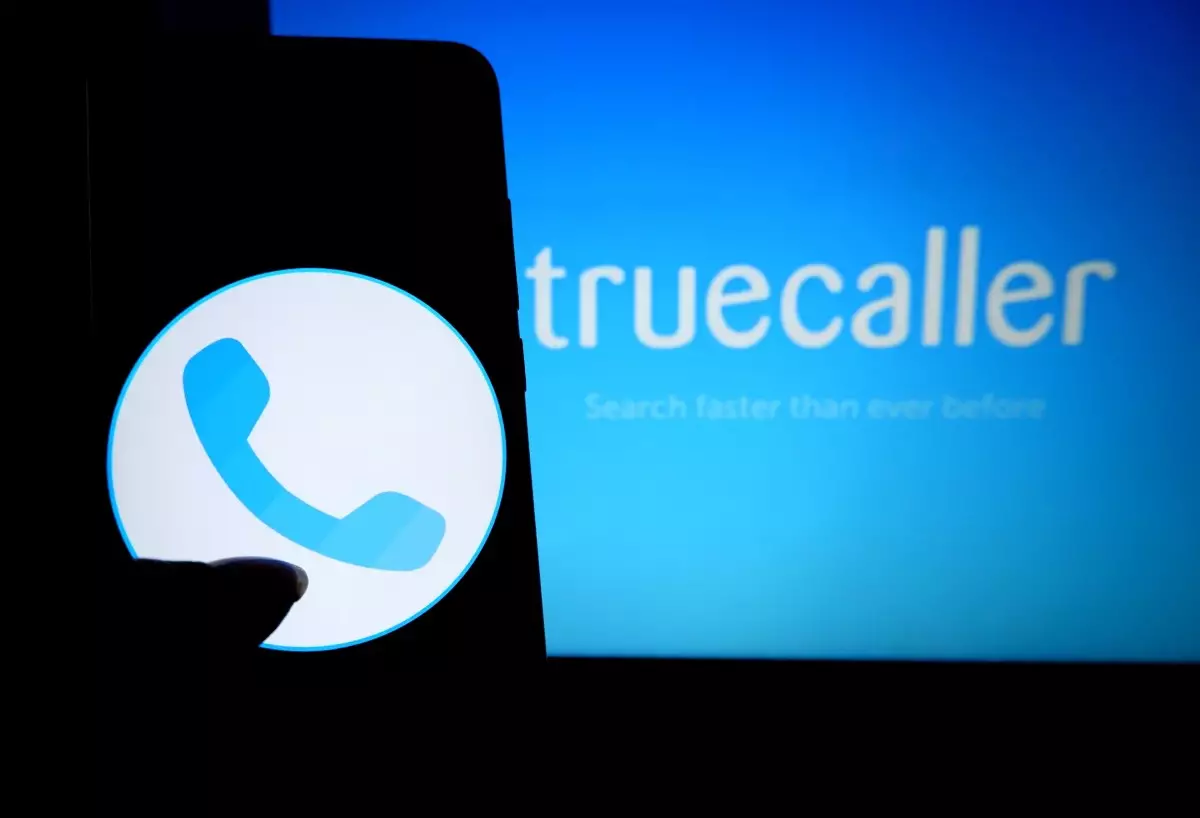Truecaller’s decision to discontinue its call recording feature on iOS marks a significant pivot in its strategic approach. Launched amidst the desire to attract more iPhone users, the feature was presented as a premium tool to enhance user safety and transparency. However, it quickly became apparent that the technical challenges and privacy considerations inherent in call recording on iOS outweigh the benefits. The fact that the feature was limited to paid subscribers only indicates that Truecaller saw an opportunity to distinguish its premium offerings. But with the recent move to scrap the feature entirely, the company seems to acknowledge that call recording no longer aligns with its core mission or user expectations.
In the broader context, the removal signals a reassessment of what users truly value in caller identification apps. While recording calls may appeal to a niche seeking legal or personal record-keeping, the difficulty Apple’s strict privacy policies pose for third-party developers dampens the practicality and appeal of such features. Truecaller’s acknowledgement of these limitations exemplifies a pragmatic approach rather than an indulgent one, suggesting the company prefers to double down on its strengths: spam detection, caller ID, and privacy-focused tools.
Apple’s Native Features and The Battle for User Trust
The timing of Truecaller’s withdrawal is notable, coming after Apple introduced native call recording and transcription functionalities in iOS 18.1. This move by Apple effectively renders third-party solutions redundant, especially when these apps rely on complex workarounds that compromise cost-efficiency and user experience. Native features generally provide smoother, more reliable, and, crucially, more privacy-conscious options — aligning better with Apple’s core values.
Truecaller’s choice to emphasize its spam-blocking and caller ID services reveals an understanding that users prioritize protection from fraud and nuisance calls over call recordings. Given that iOS users now have access to built-in, seamlessly integrated recording capabilities, third-party apps no longer have a compelling reason to hunt for workarounds that potentially violate users’ privacy and incur additional costs. This recognition underscores a critical insight: in an ecosystem dominated by market-leading privacy standards, attempting to outmatch native features on their own turf is a losing battle. Instead, Truecaller’s shift underscores a strategic focus on what genuinely differentiates it in the crowded caller ID landscape.
Beyond the Feature: The Real Value of Truecaller’s Ecosystem
What truly matters in the evolving landscape of communication apps isn’t necessarily the novelty of individual features but the robustness of the overall user experience. Truecaller’s core strengths — including real-time spam detection, intelligent caller ID, and seamless integration with other privacy and security tools — continue to serve its large user base effectively. The company’s decision to de-emphasize call recording emphasizes confidence that its foundational features offer more substantial, lasting value.
Moreover, by refocusing on the essentials, Truecaller can allocate resources toward refining its spam detection algorithms, AI-driven caller insights, and other innovative tools that have a more direct impact on user safety and convenience. It also signals an understanding of evolving user preferences: privacy and reliability taking precedence over feature quantity. This strategic pivot might be viewed as a challenging but necessary evolution, in which the app’s reputation for trustworthy protection becomes its most distinguishing attribute rather than a collection of half-measures like call recordings.
In essence, Truecaller’s recent move isn’t a retreat but a testament to the importance of aligning product offerings with technological realities and user priorities. It demonstrates that sometimes, in the race for user loyalty, less is more — especially when the landscape itself is shifting toward privacy-centric solutions.

